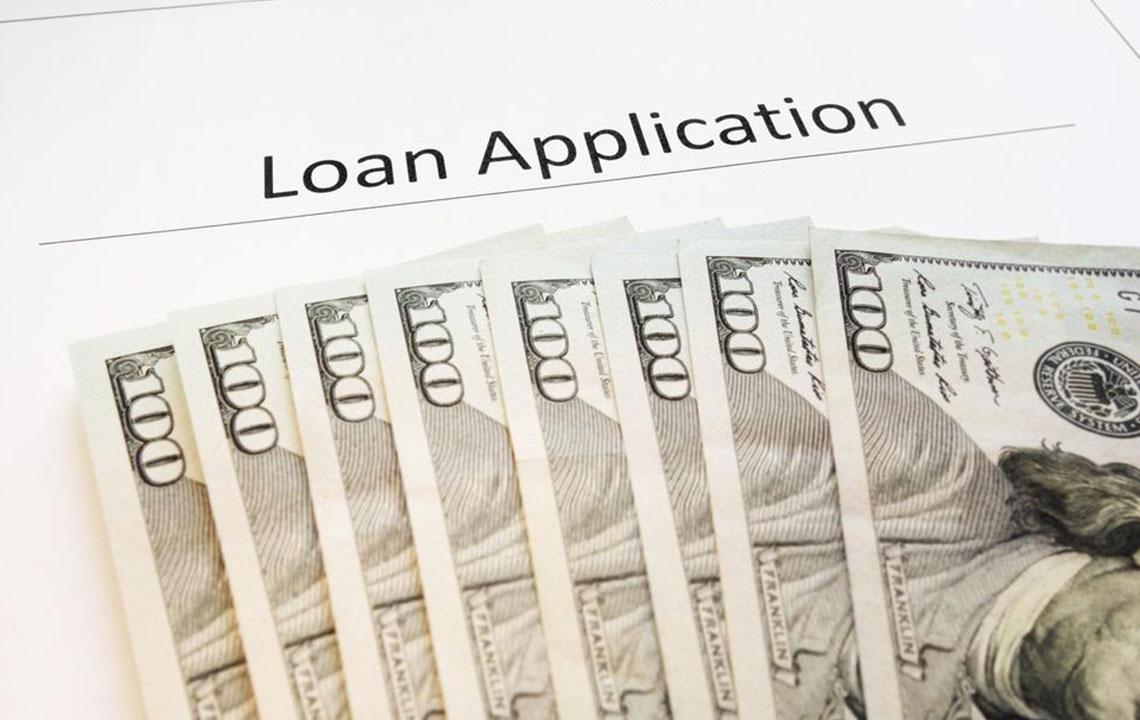Comprehensive Guide to Managing and Reducing Credit Card Debt Effectively
This comprehensive guide explores effective methods for managing and reducing credit card debt. From understanding the root causes to implementing strategies like debt consolidation, budgeting, and responsible credit use, it provides practical tips for achieving financial stability. The article emphasizes the importance of disciplined habits, monitoring credit reports, and seeking professional help if needed, offering readers a thorough roadmap to overcome debt challenges and rebuild their financial health.

Credit card debt remains one of the most common and pressing financial challenges faced by millions across the nation. Alongside mortgages, auto loans, and student loans, credit card balances can spiral out of control if not managed properly. While credit cards offer unparalleled convenience and flexibility for purchasing goods and services, their misuse or lack of understanding of their terms can lead to significant financial burdens. In the modern financial landscape, understanding how to manage and reduce credit card debt is essential for achieving financial stability and long-term wealth accumulation.
Debt accumulates primarily due to revolving credit balances that grow over time. This often happens because of mismanaged spending habits, unexpected expenses, or a lack of awareness about how interest rates, late fees, and penalty charges work. When balances are unpaid or only partially paid, interest can compound rapidly, making debt difficult to control. Many individuals fall into the trap of only making minimum payments, which prolongs repayment periods and substantially increases the total interest paid over time. Recognizing the root causes of credit card debt and exploring practical debt management strategies is the first step toward financial freedom.
Understanding the Causes of Credit Card Debt
Several factors contribute to the accumulation of credit card debt, including impulsive spending, unexpected medical or emergency expenses, and poor budgeting practices. For many, owning multiple credit cards intended for different purposes can complicate financial management. For instance, one card may be used for daily purchases, another for travel, and yet another for emergencies, leading to fragmented spending habits and often exceeding income levels. Additionally, the allure of promotional offers and reward programs can tempt individuals to overspend, unintentionally increasing their debt load.
Late payments, reported to credit bureaus, severely impact credit scores and further hinder borrowing capacity. Over time, unpaid or late payments not only add late fees but also increase the debt-to-credit ratio, which is a critical factor in credit scoring models. Consequently, managing existing debt and preventing future accumulation becomes crucial for maintaining financial health.
Effective Strategies for Managing Credit Card Debt
Adopting a strategic approach to debt management can significantly improve financial stability. Key strategies include creating a realistic budget, prioritizing debt repayment, and avoiding new debt. Below are comprehensive options for reducing and managing credit card debt:
1. Debt Consolidation:
Debt consolidation involves combining multiple credit card balances into a single, more manageable loan. This process simplifies repayment, often reduces interest rates, and may speed up debt payoff. It’s an effective method for individuals who feel overwhelmed by multiple debts or high-interest rates.
Common consolidation methods include:
Nonprofit credit counseling: Certified credit counselors help consumers negotiate lower interest rates, eliminate late fees, and arrange manageable payment plans. These programs typically last between 3 to 5 years and focus on helping clients regain control of their finances.
Personal loans: Unsecured personal loans from banks, credit unions, or online lenders can serve as a consolidation tool, especially for borrowers with good credit who qualify for lower interest rates. Using a personal loan to pay off credit cards consolidates debt into one monthly payment, often at a lower rate.
Balance transfer credit cards: Many credit card issuers offer promotional 0% interest rates for balance transfers over a specified period, often 12 to 18 months. This allows consumers to transfer high-interest balances and save on interest payments temporarily. However, balance transfer fees (typically around 3%) and credit limits should be carefully considered.
Retirement account loans or withdrawals: Borrowing from retirement plans such as 401(k)s or IRAs can provide quick access to funds without credit checks. However, early withdrawals may incur penalties and taxes, and borrowing can impact long-term retirement savings.
Family or friends: Borrowing from trusted contacts may be interest-free or have lower costs. Still, it’s vital to formalize such arrangements to avoid damaging personal relationships.
2. Budgeting and Financial Discipline
Creating and sticking to a detailed budget helps limit unnecessary spending and prioritize debt repayment. Avoid impulse purchases by planning expenditures and tracking all expenses. Use budgeting tools and apps to stay organized and accountable.
3. Increasing Income Streams
If possible, looking for additional income sources through part-time work, freelancing, or selling unused items can accelerate debt repayment. Extra income can significantly reduce debt faster and help rebuild financial reserves.
4. Responsible Credit Use
Maintaining a healthy credit utilization ratio—preferably under 30%—is crucial. Pay balances in full whenever possible and avoid carrying over balances month-to-month. This practice improves credit scores and reduces interest costs.
5. Monitoring and Maintaining Good Credit
Regularly review credit reports from major bureaus to identify errors or fraudulent activity. Maintaining good credit scores through responsible borrowing and timely payments enhances access to favorable loan terms in the future.
The Impact of Debt Consolidation on Credit Scores
While consolidating debt can initially affect your credit score—due to credit inquiries and new account openings—strategic management can lead to long-term improvements. Responsible repayment of consolidated loans, maintaining low credit utilization, and timely payments contribute positively over time. Regular monitoring and responsible financial habits are essential for rebuilding and improving your credit profile.
Final Thoughts
Managing credit card debt requires a comprehensive understanding of your financial situation and disciplined strategies. Whether through debt consolidation, budgeting, increasing income, or responsible credit use, taking proactive steps can help regain control of your finances. It’s essential to start with a clear plan, remain committed, and seek professional advice if necessary. Building a solid financial foundation will ensure less stress, better credit health, and a more secure financial future.





